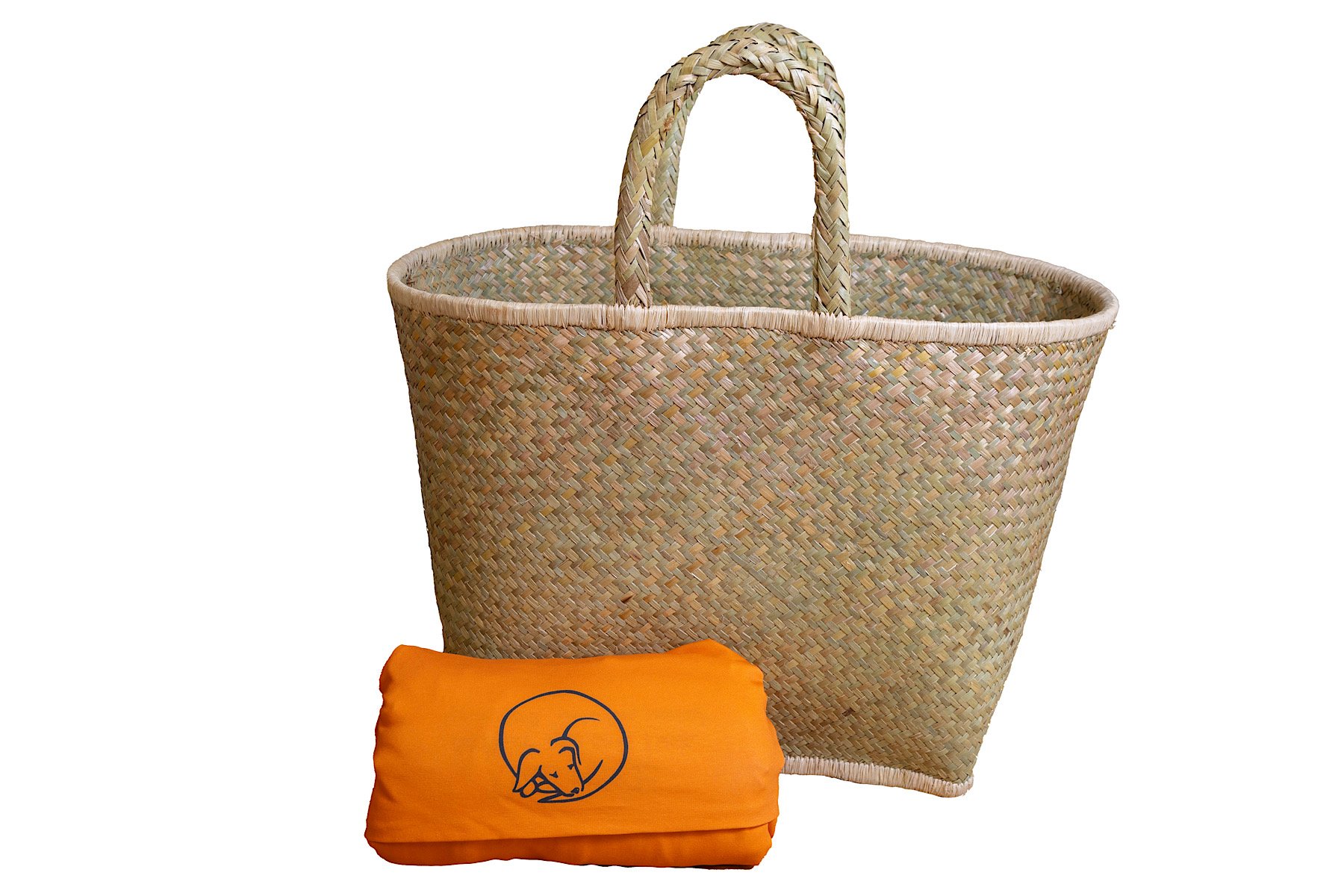Fold+Rºll Editions
Keep your stuff together and your worlds apart
What makes a perfect Fold+Rºll?
The perfect Fold+Rºll knows it’s got a job in the world - helping you say ‘Goodbye’ to bag chaos. Whether it will roll small things like underwear or bulky clothes like jeans. Whether it will stop a damp swimming costume wrinkling the pages of your favourite notebook. Or keep your best top dry when you cycle to work. Or just tidy your hand luggage for that business trip. It likes to be useful, from the moment it rolls out of the workshop.
Every Fold+Rºll has an edition
Each edition is designed to be the correct size and fabric for the job it’s going to do. Importantly, we chose the most sustainable materials we can find for that job. Fold+Rºlls are produced in batches from traceable fabrics by our sewing partner workshops.
We’re proud of the people we work with and the materials we use - and we want to make sure you know what you’re getting. You will be able to find your edition with the QR code on the packaging (there’s one on the fabric but they sometimes don’t read so well if it’s a bit stretchy).
We are constantly sourcing new fabrics, working on new designs and generally thinking of new ways to help people on the go keep their stuff together and their worlds apart. We’ll keep this page updated as we introduce new editions.
Check out what makes each edition special below.
Fold+Rºll Editions
Click on the links to find out more:
Edition #001.001 Quick Roll | Medium size | organic cotton jersey
Edition #001.002 Quick Roll | Medium size | organic cotton jersey




